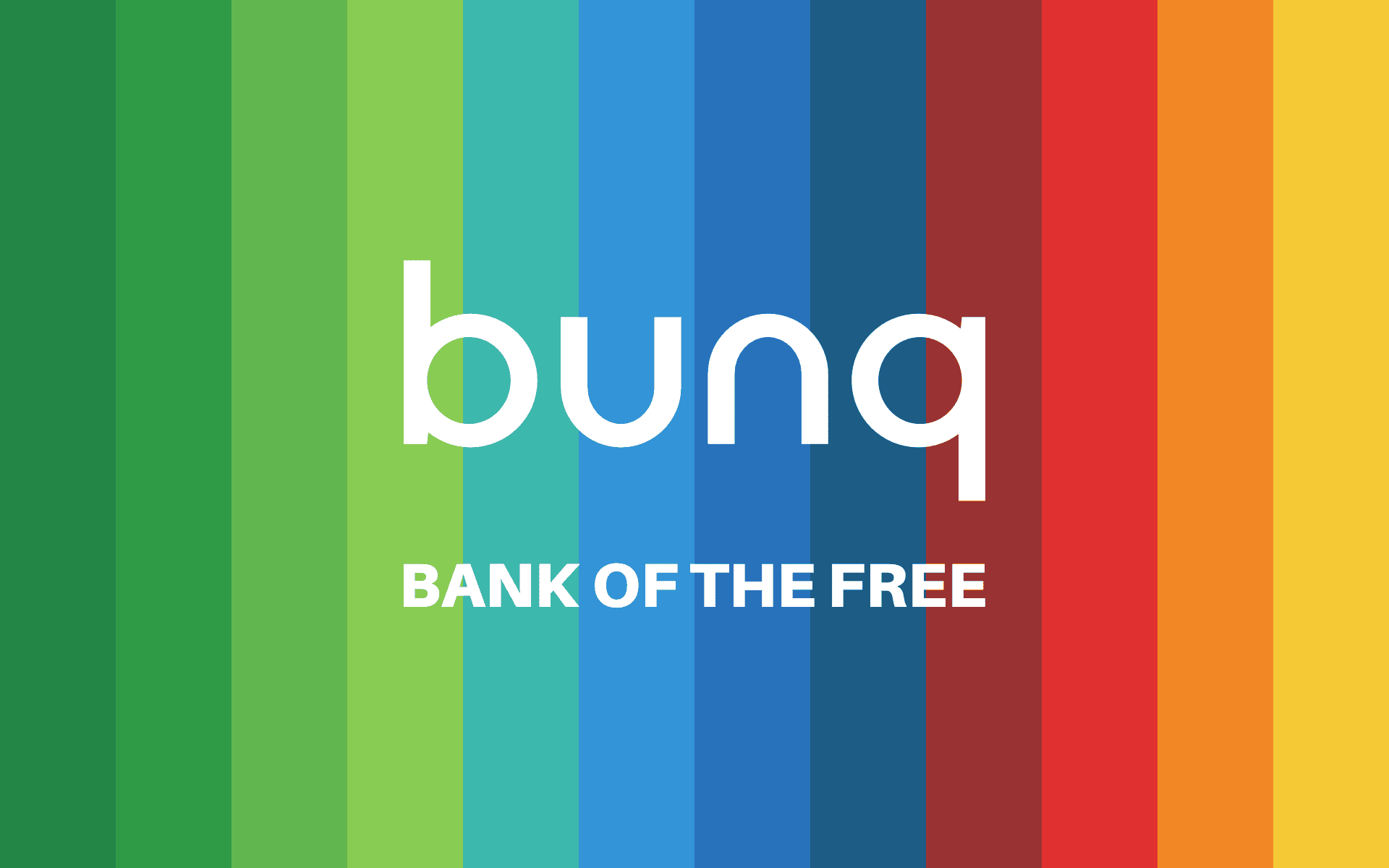
"According to the regulator, the core of the problem lies with four customers who carried out suspicious transactions. Although Bunq did report these suspicious customers to the Financial Intelligence Unit (FIU), the bank also failed to report all the associated suspicious transactions. DNB ruled that the controls were insufficiently effective to prevent the misuse of bank accounts for money laundering."
"Bunq is not alone in receiving money laundering fines. Almost all Dutch banks have faced shortcomings in preventing money laundering in recent years. ING Netherlands paid a settlement of €775 million to the Public Prosecution Service in 2018. ABN Amro followed in 2021 with a settlement of €480 million. Rabobank refused to settle and may have to appear in court. ASN Bank and Triodos Bank also received warnings from DNB to improve their money laundering controls."
"This is not the first time Bunq has clashed with DNB. A few years ago, a dispute arose when the internet bank wanted to screen customers using AI and data analysis. DNB rejected this, after which Bunq took the matter to court. The ruling found that DNB was right that anti-money laundering rules had been violated, but did not prohibit the use of AI for screening."
DNB found that four customers carried out suspicious transactions and that Bunq, while reporting those customers to the FIU, did not report all associated suspicious transactions. DNB ruled that Bunq's controls were insufficiently effective to prevent misuse of bank accounts for money laundering. Numerous Dutch banks have faced AML shortcomings, with ING paying €775 million in 2018 and ABN Amro €480 million in 2021; Rabobank refused to settle. Bunq asserts use of advanced technologies and plans to challenge the fine. A prior dispute over AI screening affirmed AML violations but did not ban AI. Strict AML rules have caused discriminatory account restrictions.
Read at Techzine Global
Unable to calculate read time
Collection
[
|
...
]